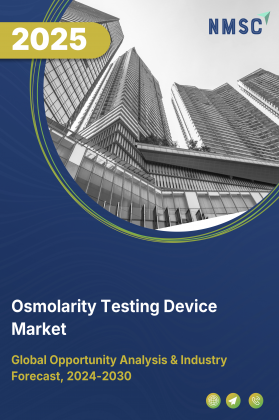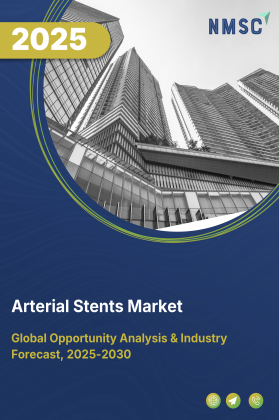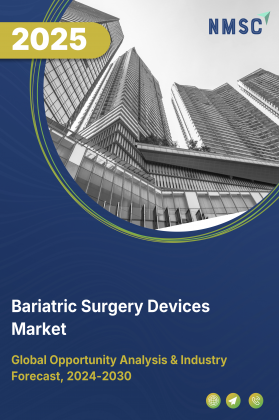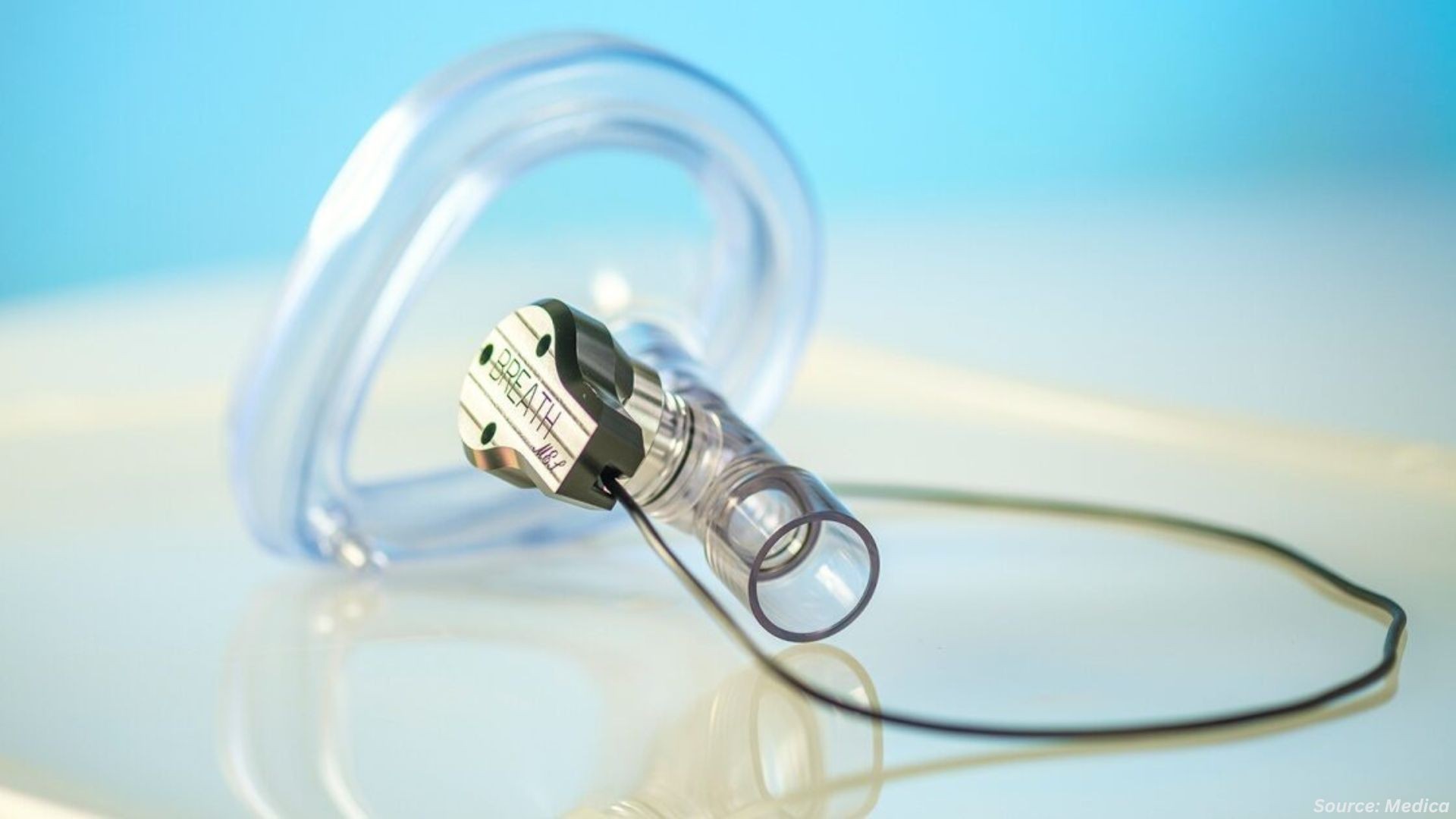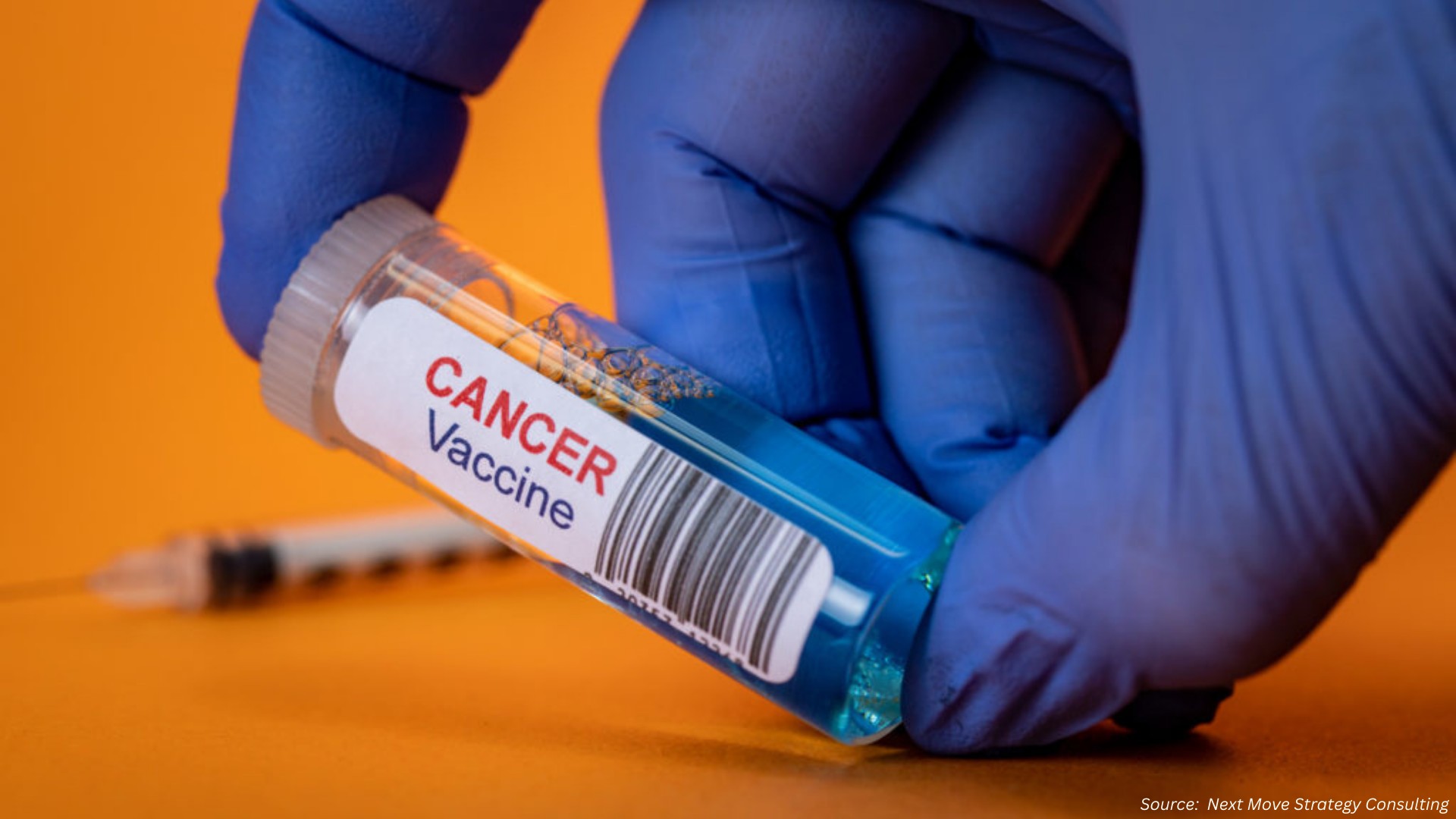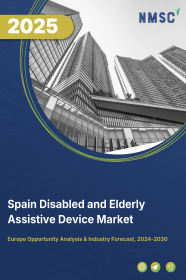
Spain Disabled and Elderly Assistive Device Market by Type (Mobility & Transfer Assistance, Hearing Impairments, Visual Impairments, and Daily Living & Personal Care), by end User (Home Care, Institutional Care , Community & Outpatient, and Other) –Opportunity Analysis and Industry Forecast, 2024 – 2030.
Industry: Healthcare | Publish Date: 17-Sep-2025 | No of Pages: 194 | No. of Tables: 154 | No. of Figures: 99 | Format: PDF | Report Code : HC1076
Spain Disabled & Elderly Assistive Device Market Overview
The Spain Disabled & Elderly Assistive Device Market size was valued at USD 1.04 billion in 2023, and is predicted to reach USD 2.12 billion by 2030, at a CAGR of 9.7% from 2024 to 2030.
The disabled & elderly assistive device market refers to a wide range of products and services designed to support the aging population and individuals with disabilities in maintaining their autonomy and improving their quality of life. This sector covers medical furniture, hearing aids, mobility aids and living aids, that are crucial for managing chronic conditions and ensuring safety.
Innovations in these areas are driven by the need to address the growing challenges of an aging population and the diverse requirements of individuals with disabilities, making this market integral to enhancing accessibility and wellbeing. This market is fueled by growing rate of disabled individuals, rapid technological advancements, and evolving regulatory landscapes, the assistive device industry prioritizes inclusivity and continuously adapts to meet the ever-changing needs of its diverse user base.
Rising Disability Rates in Spain Drive Demand in the Assistive Device Market
The increasing prevalence of disability across Spain is a primary driver fueling the demand for assistive devices tailored to disabled and elderly individuals. Functional limitations caused by age-related decline, chronic illnesses, and physical impairments are becoming more widespread, intensifying the need for mobility aids, vision and hearing solutions, and daily living support devices.
This rise in disability rates has triggered greater awareness among healthcare providers, insurers, and public institutions about the importance of inclusive care. In response, the market is witnessing heightened interest in scalable, affordable, and user-friendly devices that address diverse disability needs while improving quality of life and social participation.
Spain’s Aging Population Fuels Growth in Disabled & Elderly Assistive Devices
Spain is undergoing a pronounced demographic shift, with a steadily growing elderly population. As more citizens enter the 65+ and 80+ age brackets, the demand for assistive technologies to support independent living, mobility, and health management is accelerating across the country.
This aging trend is reshaping healthcare priorities and consumer behavior. Families, care providers, and government agencies are investing more in age-appropriate solutions—from walkers and home modifications to smart monitoring systems—positioning assistive devices as a central pillar of eldercare in Spain’s future.
Regulatory Frameworks in Spain Pose Challenges for Market Expansion
While Spain maintains a strong regulatory environment to ensure the safety and effectiveness of assistive and medical devices, these frameworks also present challenges to market growth. Lengthy approval cycles, high compliance costs, and complex certification procedures can delay the introduction of innovative products.
Although these regulations uphold quality and protect consumers, they also act as entry barriers—especially for startups and smaller manufacturers—restricting diversity in product offerings and slowing overall market responsiveness. Streamlining regulatory processes could significantly enhance innovation and accessibility within Spain’s assistive device sector.
AI Integration Unlocks New Opportunities in Spain’s Assistive Device Market
Technological advancement, particularly the integration of artificial intelligence (AI), is opening new avenues for growth in Spain’s assistive device market. AI-enabled devices can offer adaptive, real-time support based on user behavior, providing personalized experiences in mobility, communication, hearing, and vision assistance.
By learning from user patterns and environmental cues, AI-powered assistive technologies are improving autonomy and reducing dependency for Spain’s aging and disabled populations. As these innovations gain traction, they are expected to reshape product development, service delivery, and long-term care models across the country.
Competitive Landscape
The promising players operating in the Spain disabled & elderly assistive device industry includes Sunrise Medical, Invacare Corporation, Ottobock SE & Co. KGaA, Permobil AB, Pride Mobility Products Corporation, Sonova Holding AG, William Demant Holding A/S (Oticon), GN ReSound, Starkey Hearing Technologies, Medline Industries, LP, Drive DeVilbiss Healthcare, MEYRA GmbH, Orliman S.L., Thuasne Group, Ayudas Dinámicas S.A. and others.
Spain Disabled & Elderly Assistive Device Market Key Segments
By Type
-
Mobility & Transfer Assistance
-
Wheelchairs (manual, electric, specialty)
-
Walkers and Rollators
-
Canes and Walking Sticks
-
Crutches
-
Portable Ramps and lifts
-
Others
-
-
Hearing Impairments
-
Behind‑the‑ear & In‑the‑ear Hearing Aids
-
Assistive Listening (FM/DM) Systems
-
Deafblind communicators for hearing
-
-
Visual Impairments
-
Screen readers and magnifiers
-
Optical magnifiers
-
Smart glasses and wearables
-
Navigation aids
-
Braille writing equipment
-
Talking Devices
-
-
Daily Living & Personal Care
-
Bathroom safety equipment (grab bars, shower chairs)
-
Kitchen and dining aids
-
Bed and bedroom accessories
-
Personal hygiene devices
-
By End User
-
Home Care
-
Institutional Care
-
Hospitals & Clinics
-
Assisted‑Living & Nursing Homes
-
Rehabilitation & Day‑care Centers
-
-
Community & Outpatient
-
Other
Key Players
-
Sunrise Medical
-
Invacare Corporation
-
Ottobock SE & Co. KGaA
-
Permobil AB
-
Pride Mobility Products Corporation
-
Sonova Holding AG
-
William Demant Holding A/S (Oticon)
-
GN ReSound
-
Starkey Hearing Technologies
-
Medline Industries, LP
-
Drive DeVilbiss Healthcare
-
MEYRA GmbH
-
Orliman S.L.
-
Thuasne Group
-
Ayudas Dinámicas S.A.
REPORT SCOPE AND SEGMENTATION:
|
Parameters |
Details |
|
Market Size Value in 2023 |
USD 1.04 billion |
|
Revenue Forecast in 2030 |
USD 2.12 billion |
|
Value Growth Rate |
CAGR of 9.7% from 2024 to 2030 |
|
Analysis Period |
2023–2030 |
|
Base Year Considered |
2023 |
|
Forecast Period |
2024–2030 |
|
Market Size Estimation |
Billion (USD) |
|
Growth Factors |
|
|
Companies Profiled |
15 |
|
Customization Scope |
Free customization (equivalent up to 80 working hours of analysts) after purchase. Addition or alteration to country, regional, and segment scope. |
|
Pricing and Purchase Options |
Avail customized purchase options to meet your exact research needs. |

















 Speak to Our Analyst
Speak to Our Analyst



